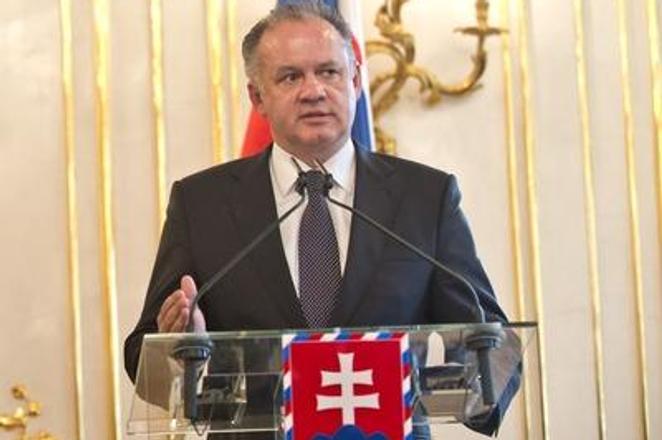Under the current law, both versions should be identical. In the past there have been several cases when the Supreme Court or the Constitutional Court turned down the verdict of the lower-instance court because of different wording.
The Constitutional Court was scrutinising the complaint submitted by Eva Fulcová, Miroslav Ďuriš and Juraj Sopoliga whom the president refused to appoint, claiming that they lacked suffiicient experience for the post. It issued a ruling in the case on March 17.

The chair of the senate said that “the right of the president not to appoint the candidate to the constitutional post requires the extraordinary reasons which are so serious that they, from the constitutional point of view, disqualify the candidate from holding the respective post”. He also said that it did not find “any of the facts of such serious or extraordinary character” in the president’s explanation, as reported by Denník N.
The written explanation delivered to Kiska on May 14, however, contained different wording. It did not accept any extraordinary reasons for not appointing the candidates.
“The constitution clearly defines the duty of the president to appoint exactly one half of the chosen candidates to the Constitutional Court post,” the court wrote, as quoted by Denník N. It also claimed it did not even scrutinise the explanation of the president.
The senate deciding in the case was composed of Ľubomír Dobrík, Jana Baricová, who was the only candidate Kiska actually appointed, and Rudolf Tkáčik. The last one wrote a different opinion to the statements and reasons for the ruling, according to Denník N.
Ján Mazák, the president’s adviser and his lawyer, was surprised by the differences in the ruling.
“I do not understand it,” he told Denník N. He added that the Constitutional Court has not made such a mistake before.



 President Andrej Kiska (source: TASR)
President Andrej Kiska (source: TASR)